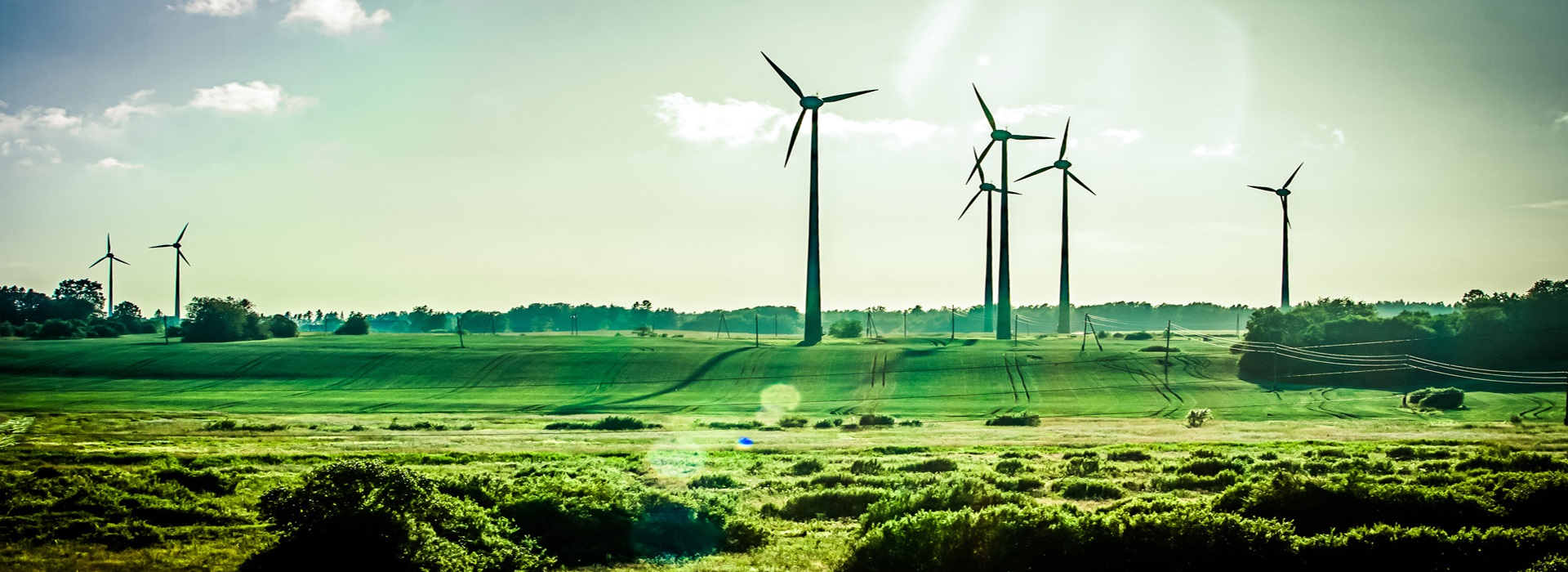The reference ‘carbon footprint’ defines the measure of the impact on the amount of carbon dioxide that is released into the atmosphere due to the actions of individuals, organisations or communities through the activities of burning fossil fuels causing global climate change.
How Can Estate Agents Reduce Their Carbon Emissions?
Globally, the real estate industry is responsible for 24% of the total emissions of greenhouse gases and 40% of the world’s energy consumption through the burning of fossil fuels for electricity, heat and transportation. Referring to our homes, or offices, a carbon footprint measures:
- Operational Energy – the amount of energy required to manage the temperature and power in each household.
- Embodied Energy – the amount of energy that was used in the construction of each home.
Making comprehensive and substantial reductions in greenhouse gas emissions throughout the sector is a big and daunting prospect to big organisations such as estate agents. Nevertheless, it is a task we should all be trying to undertake. There are lots of changes and swaps that estate agents can make, to reduce their carbon footprint.
- Renovating rather than building new properties: the construction process of building new homes presents a large carbon footprint. Studies show a 72 ton carbon dioxide measurement between a small two bedroom cottage (80 tons) compared to a full home renovation (8 tons) and is more expensive. Estate agents can play a part in this fact, encouraging clients to renovate homes instead of building new ones.
- Opting for renewable energy: renewable energy comes from natural sources that are capable of constantly replenishing, such as sunlight, water, air and heat making solar, tidal, wind and geothermal energy. Investing in renewable energy is the most reliable way estate agents can cut back significantly on their carbon footprint and is also beneficial as they are far more affordable in the long run.
- Updating your HVAC systems – HVAC is the heating, ventilation and air conditioning of a home which makes up around 40% of carbon emissions. Estate agents could change to an energy-saving HVAC model, which reduces the amount of fossil fuels burnt.

